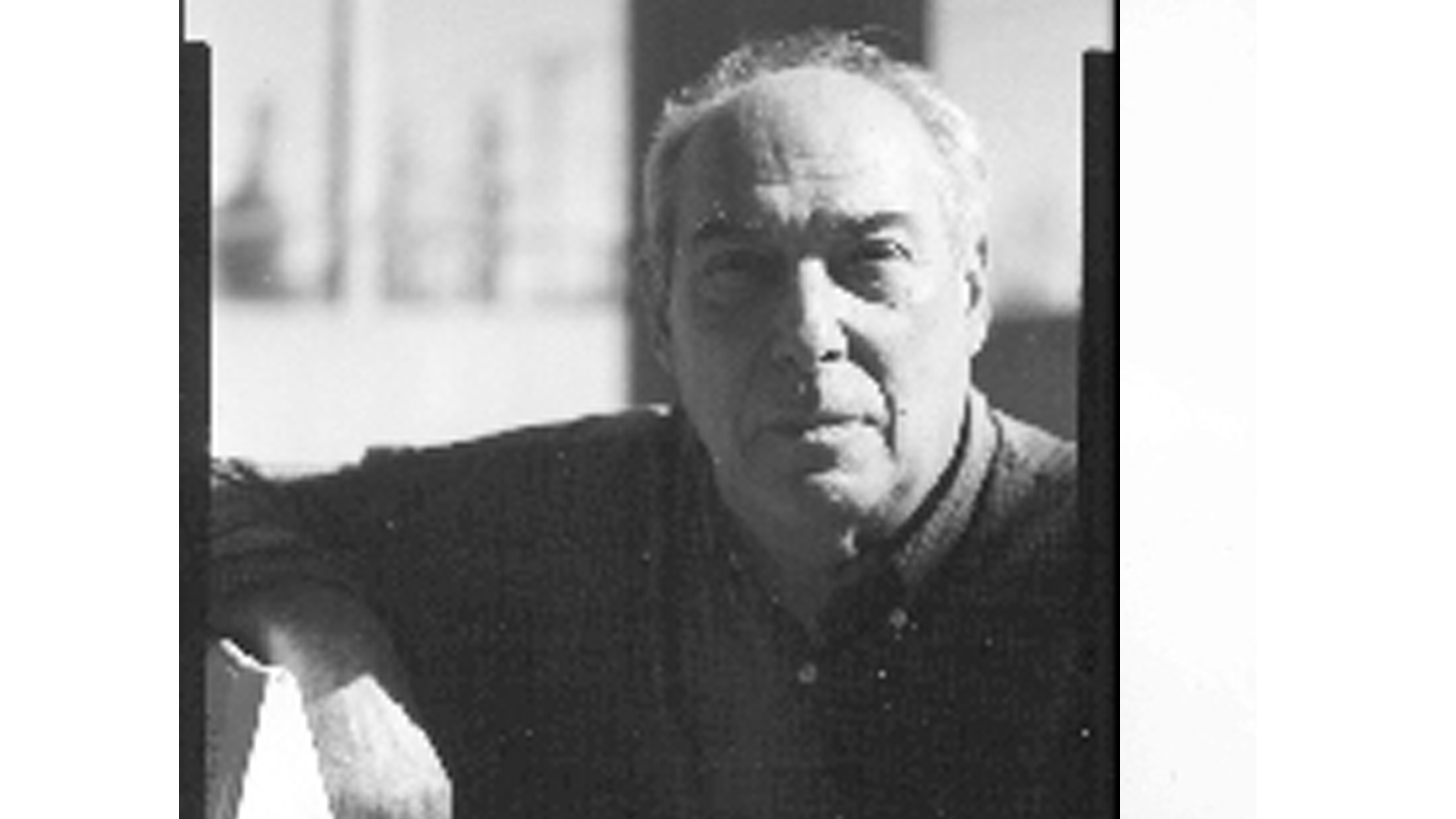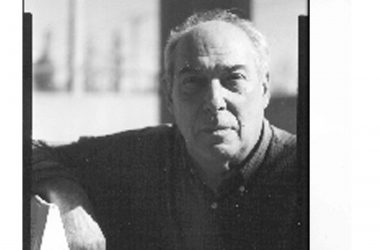By Noel Ignatiev
I went to two meetings the other night. The first dealt with the MCAS, the test students will be required to pass in order to receive a highschool diploma. The meeting was an open hearing before the Boston School Committee. My friend Theresa Perry testified. Theresa is a black woman, a longtime activist, and Vice-President of Community Relations at Wheelock College, an institution that specializes in training teachers. She is also a contributing editor of Race Traitor.
The meeting took place at the headquarters of the School Committee. MCAS opponents held a rally beforehand and leafletted passersby. When the meeting began, they entered the hearing room with their placards. At the hearing, most of those who spoke opposed the test, to enthusiastic applause. They were black, Hispanic, and white, and included a Boston City Councilman and representatives of various “progressive” coalitions. Several people also spoke in support of the test, including a representative in the state legislature (the only person who was allowed to exceed the three-minute time limit). They were hissed, notwithstanding the chairman’s appeal to members of the audience to respect all the speakers.
Theresa introduced herself as a progressive educator concerned with the needs of African American children. She acknowledged that the MCAS was flawed but supported its retention, meanwhile urging that it not be the sole criterion for a diploma. She also directly addressed the white opponents of MCAS, promising to join them in opposing the test if they would lead a boycott of the SAT exams, which she was sure they would not do as many of them had already enrolled their children in one, two, three SAT preparation courses. She was hissed when she sat down, but several reporters came up to her and asked her for copies of her remarks, which she was not able to complete within the time limit.
After Theresa spoke, a man who described himself as a representative of the Hispanic community took the floor and, facing the audience rather than the members of the School Committee in front, denounced the hearings as a farce, refused to stop talking after his time was called, and led people in chanting “They say MCAS. We say No!” The chairman threatened to have him evicted or to terminate the hearing, but eventually order was restored without either of those things happening. While this was going on, a young white man, one of the placard carriers, face distorted with rage, was berating Theresa, who murmured disdainfully, “White folks and flies…” (The second line of the couplet is “I do despise.”) A man sitting next to me congratulated her and then turned to me, saying she was his new hero. I replied that she had been a hero of mine for twenty-five years. I later learned that he is a well-known pedagogue and scholar.
I left shortly afterwards. I am not sure what I think about the MCAS; there are persuasive arguments for and against, and I shall not attempt to review them here. But of a few things I am certain: first, that I want nothing to do with any movement where twenty-year-old white boys feel it is ok to hiss Theresa; and second, that the rallying and slogan-chanting and the rest of the standard leftwing behavior are exceedingly tiresome to me and that, more important, in this situation in which the biases built into the MCAS may actually be less damaging than the biases of white teachers and “progressives” who are convinced that black children cannot learn English, math, and science, they are nothing but static interfering with the efforts of serious people, especially black people, to have a reasonable discussion. (One of the leaders of the anti-MCAS movement is a woman who has supported Race Traitor and for whom I have felt warmth and respect; she was present at the hearings.)
The second meeting I attended (two in one night!) was at Roxbury Community College (a black school), where Glenn Loury spoke on colorblindness as a goal and a policy. Dr. Loury is a professor of economics at Boston University, a black man for years associated with conservative politics. The main theme of his talk was that colorblindness, while it possessed a moral grandeur, was at present inadequate as a guide to policy. More significant than his arguments (few of which would be new to us at Race Traitor) was his manner: he addressed the audience with respect, and admitted he had changed his mind on this question—both rare occurrences in public life. Notwithstanding the change, he spoke as a person who for the most part accepted the rationality of the capitalist system, private property, law, etc. Afterwards I introduced myself to him and expressed my appreciation for his talk.
In the question period a black lady in the audience reported that her child had attended elite preschools in Washington D.C. alongside children of senators and ambassadors but that, when she moved to Boston and enrolled the child in public school in Newton at the age of five, school officials had informed her that the child would be assigned to a special remedial class. She wrote angry letters to school officials, dropping names and “using big words” until they admitted that a mistake had been made and agreed to reassign the child. “How many other black children,” she asked, “are being denied education after having been labeled as defective in some way?” Dr. Loury responded with concern and sympathy. I heard of another parent whose son, aged eight, who had always been bright and eager, came to her after one month in a supposedly integrated school in Brookline, and asked, “Mama, am I dumb? The teachers treat me like I’m dumb.” (That story brought tears to my eyes, perhaps because I was thinking of my own son, not much over eight.) That mother was never able to get the school officials to reassign her child, and wound up pulling him out of that school and sending him to a private school.
Both of these stories were told by parents whose income and status enabled them to overcome some of the effects of racial discrimination. In spite of their “bourgeois” standing, they spoke out in sympathy with working-class children. They were there, but the white class brothers and sisters of those children were not, and their absence was no less conspicuous than the presence of “bourgeois” black folk. And of course it is not a question of one meeting. How many white working-class people ever take part in the on-going discussion in the black community over the damage done to black children by the schools? How many of them are even aware of the damage to white children?
We abolitionists have begun to question the degree to which it is necessary to address questions of class and the overall program more comprehensively than we have so far. I don’t have an answer yet, but recently I had an exchange with a friend known to many of you as someone who, while sharing a lot with us, identifies more than we do with a certain Marxist tradition. He asked where on the political spectrum we would locate abolitionism, since so many of its supporters seemed unaware of its link to a larger project. My experiences of the last few days have suggested an answer to his question: abolitionism is that current of revolutionary thought that gives as much weight in the struggle for human emancipation to the strivings of black parents to secure an education for their children as do the traditional, conservative, well-dressed, respectable, middle-class black ladies at Glenn Loury’s talk.
Noel Ignatiev
12-7-00



